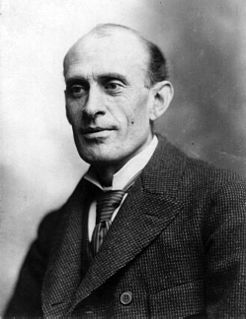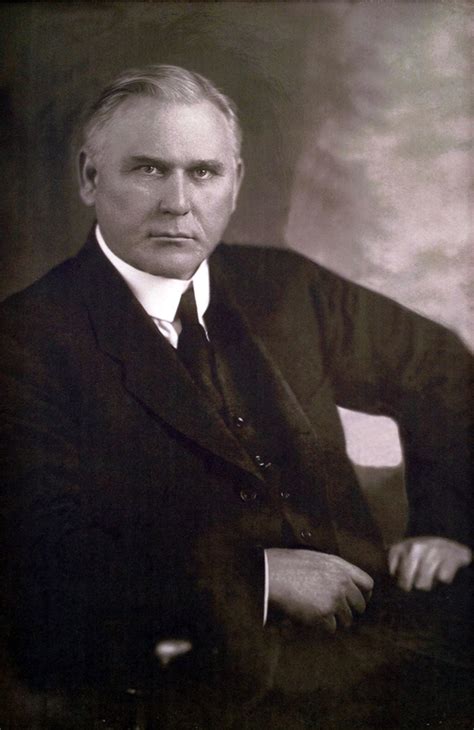A Quote by Zhuangzi
Luck implies an absolute absence of any principle.
Related Quotes
The Mutakallemim... apply the term non-existence only to absolute non-existence, and not to absence of properties. A property and the absence of that property are considered by them as two opposites, they treat, e.g. , blindness and sight, death and life, in the same way as heat and cold. Therefore they say, without any qualification, non-existence does not require any agent, an agent is required when something is produced.
There is no such thing as experience here. You seem to know, you imagine. Imagination must come to an end...I don't know how to put it. The absence of imagination, the absence of will, the absence of effort, the absence of all movement in any direction, on any level, in any dimension - THAT is the thing. That is a thing that cannot be experienced at all. It is not an experience.
While theoretically a person may block God out, logically there will be a breakdown because ultimately all enunciation implies a moral doctrine of some kind. And if that moral doctrine is not absolute then the definer himself becomes undefined. That's what we are living with - an undefined definer giving us definitions for our course, and we are being trapped in the quicksand of the absence of objective truth.
Anarchism is no patent solution for all human problems, no Utopia of a perfect social order, as it has often been called, since on principle it rejects all absolute schemes and concepts. It does not believe in any absolute truth, or in definite final goals for human development, but in an unlimited perfectibility of social arrangements and human conditions which are always straining after higher forms of expression, and to which for this reason one can assign no definite terminus nor set any fixed goal.
Our contention is not for mere toleration, but for absolute liberty. There is a wide difference between toleration and liberty. Toleration implies that somebody falsely claims the right to tolerate. Toleration is a concession, while liberty is a right. Toleration is a matter of expediency, while liberty is a matter of principle.







































